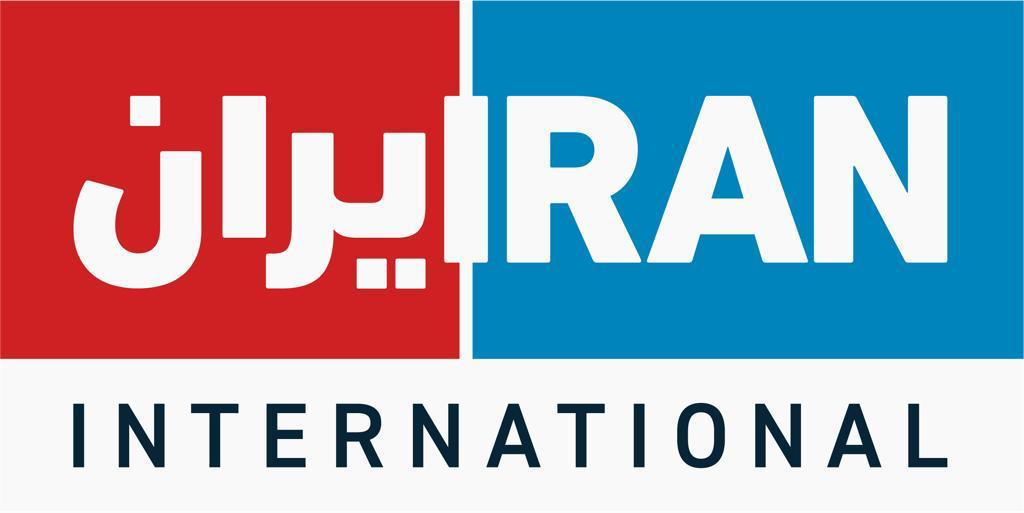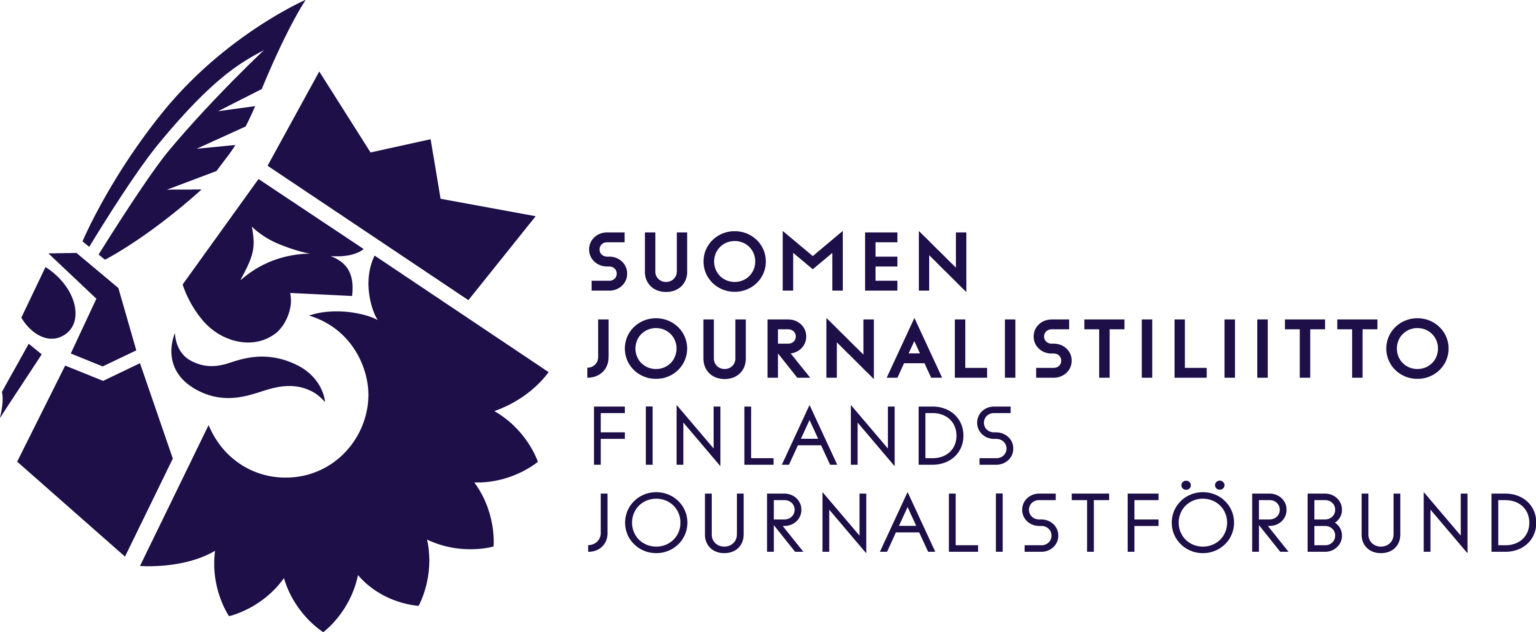The Arab Spring boosted the global death toll for journalists in 2011, making it one of the bloodiest years for the news media worldwide.
The International News Safety Institute recorded 124 journalists and other media workers killed in 40 countries, compared with 97 in 2010. The toll was the highest since 2009 when 133 died, including 32 in a single massacre in the Philippines.
The uprisings that rocked the Middle East fuelled a startling increase in killings. Covering conflict and political unrest in the so-called Arab Spring countries Libya, Yemen, Syria, Egypt, Tunisia and Bahrain proved deadly for 23 journalists and other media staff.
Ten journalists died in Libya, the fourth most dangerous country in the world in 2011, and seven in Yemen.
The death toll reminds us of the great risks run by so many journalists as they attempt to shine the light of truth onto the darkest recesses of our world, said INSI Director Rodney Pinder.
In the Arab Spring, a relatively small but extraordinarily brave band of reporters, foreign and local, paid the ultimate price for the birth of freedom for millions.
The first casualty of the Arab Spring was French photographer Lucas Mebrouk Dolega, who died on 17 January when he was hit by a tear gas canister while covering a demonstration in Tunisia.
Snipers firing indiscriminately into crowds claimed news media lives such as Mohamed Yahia Al-Malayia and Jamal Al-Sharabi who died in Change Square, Yemen, on March 18.
Crackdowns on media outlets and activists acting as citizen journalists in the Arab world brought a number of targeted killings. On 27 October, gunmen attacked Yemens Al Saida TV Channel, killing one employee, Fouad Abd El Jabbar, and wounding another. The station had been attacked previously.
Syrian cameraman Ferzat Jarban was found dead with his eyes gouged out on 20 November. He was last seen being arrested by Syrian security forces.
The Arab Spring provided a fulcrum for INSIs secure email safety forum, which was launched at the start of 2011 for INSI member news organisations from around the world to share confidential information about the ever-changing safety situation for teams on the ground. The forum, which aims to provide a focal point for all news crews large or small who require safety advice and information as major stories break, now includes more than 60 editors, heads of safety and operational journalists from more than 20 news organisations in almost a dozen countries.
Outside the Arab world, targeting journalists in a bid to silence reports uncovering crime and corruption in their own countries remained the greatest cause of death in 2011, with 74 murders.
Pakistan, Mexico and Iraq were the most murderous countries with 11 deaths in each.
Mexico, one of the most dangerous countries in the world for media workers, saw a spate of brutal killings of reporters covering drug cartels. Honduras, also plagued by drug wars, was the fifth most dangerous country, with eight dead.
The Philippines was the seventh deadliest, with six killed, and Brazil and India were eighth, with five each. The tenth worst country was Somalia, with four dead.
Accidents while travelling to or from assignments claimed 15 lives on roads or in the air.
Japanese journalist Yoshihisa Nomura was killed alongside his Egyptian assistant Shimaa Sami and their Libyan driver in a car crash in October.
Five Chilean journalists were killed in an air accident involving a Chilean Air Force Plane while visiting the Juan Fernandez archipelago in September, and three Australian journalists were killed when their helicopter crashed near Lake Eyre in August.
And Yukio Kumada, a journalist working for Fukushima Sousou Newspaper bureau, disappeared during while reporting on the nuclear plant disaster in April. His body was found 23 days later.
More than 1,600 journalists and support staff have been killed trying to tell the story since 1996, when INSIs landmark Killing the Messenger report on casualties worldwide was published. Over 600 news media workers have died since the end of 2006, when the UN Security Council unanimously passed landmark Resolution 1738, demanding greater safety for journalists in conflict zones and calling for an end to impunity.
INSI compiles its casualties data in liaison with the International Federation of Journalists (IFJ) and the International Press Institute (IPI).
Other journalist support groups that are members of INSI maintain separate records based on their own criteria. They are:
The Committee to Protect Journalists http://www.cpj.org
The World Association of Newspapers http://wan-ifra.org
As a safety organisation, INSI records all deaths, whether deliberate, accidental or health-related, of all news media staff and freelancers while on assignment or as a result of their news organisation being attacked because of its work.
A detailed list of 2011 casualties is on INSI's website here.
Any questions on this news release should be addressed to Rodney Pinder, email Rodney.pinder@newssafety.org or mob. +44 7734 709267
MOST DANGEROUS COUNTRIES
Pakistan 11
Mexico 11
Iraq 11
Libya 10
Honduras 8
Yemen 7
Philippines 6
Brazil 5
India 5
Somalia 4
BREAKDOWN BY COUNTRY
Syria 2
Russian Fed 3
Honduras 8
Uganda 1
Azerbaijan 1
Turkey 2
Brazil 5
Panama 1
Pakistan 11
Nigeria 1
Libya 10
Yemen 7
Philippines 6
Egypt 3
India 5
Somalia 4
Thailand 1
Mexico 11
Afghanistan 2
China 1
Iraq 11
Peru 3
Chile 5
Australia 3
Dominican Republic 1
Myanmar 1
Colombia 1
DRC 1
Sierra Leone 1
Iran 1
Guatemala 1
Venezuela 1
Cote D'Ivoire 2
Algeria 1
El Salvador 1
Japan 1
Bolivia 1
Bahrain 1
Tunisia 1
United Kingdom 1
Total: 124
ARAB SPRING 23
TOTAL ARAB WORLD 36
CAUSE OF DEATH
Shot 57
Blown up 12
Other non natural 5
Crossfire 17
Stabbed 7
Tortured 2
Beaten 1
Decapitated 2
Air/car accident 15
Unclear 4
Natural disaster 2
Total: 124
MURDERED 74
DANGEROUS ASSIGNMENT 35
ACCIDENT (car crash etc) 15
Total: 124
LOCAL 115
FOREIGN 9
Total: 124


























































